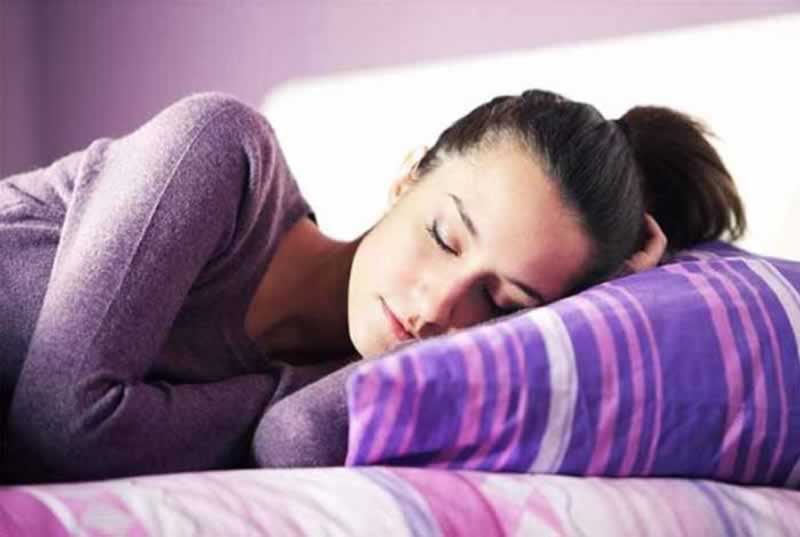We all know we should be getting more sleep. Not just that, but we need high-quality sleep that gives our bodies the time it needs to recover from the day, transfer memories from short-term to long-term storage, and prepares itself for the energetic demands of the following day. Despite all this knowledge, many of us don’t know that what we’re doing is harmful to our sleep.

The following will explore some of the things you can keep in mind to ensure that your sleep is restful and healing. Of course, in some cases, difficulty sleeping can come from a pre-existing medical condition. If you suspect your sleep is being interrupted for medical reasons, be sure to speak to a doctor about your experience. The following tips will still improve the situation, but nothing can replace a healthcare professional’s medical diagnosis.
Using The Bedroom For Multiple Purposes
This is a funny habit to get into, and for most of us, it began when we were young and broke and renting a single room in a larger space. When we needed downtime, we’d watch movies in bed on our laptops, we’d hang out with friends in the space, we’d do our school work in our rooms—it turns out that many of our daily activities should not be done in the bedroom, particularly if they involve technological devices.
Things like televisions, computers, gaming systems, phones, and other blue light-emitting devices can drastically inhibit sleep. This is because blue light influences our circadian rhythms—the part of our body that determines when we feel the need to sleep and eat. Blue light enters through our eyes (yes, even if they’re closed) and tells our brains that it is daytime. Our bodies naturally sync with the sun’s rise and fall to maximize the time we are awake with daylight. Fluorescent light bulbs and LED bulbs also emit blue light. Reducing the amount of blue light present can mean the difference between waking up feeling energized and ready for the day or waking up exhausted, fighting with ourselves about whether being late to work is work that extra ten minutes.
Allergens, Asthma, Or Poor Breathing Habits
It turns out that humans have been breathing wrong for generations—yes, there’s such a thing as breathing incorrectly. Many factors contribute to this. Some people have allergies they’ve not been diagnosed with, meaning they’re always a little on the congested side. When we sleep, we’re supposed to breathe through our noses (this provides 30% more oxygen to our blood, brain, and cells) and filters the air to reduce the risk of inhaling toxins. We fill our homes with polluted air from overusing cleaning products and personal hygiene products that contain toxins.
Practice proper breathing habits and reduce the number of things that leave you congested in your bedroom. This could mean seeking out hypoallergenic pillows, blankets, and sheets, or an organic shredded latex pillow. This might also mean making the bedroom a pet-free space and being more cognizant of the chemicals and products you use in the bedroom. House plants can also help this as they clean the air and keep it full of oxygen.

Poor Sleep Hygiene Habits
Sleep hygiene refers to healthy sleeping habits. This means establishing a solid sleep schedule, so your body knows when it is supposed to sleep. It often includes establishing a nightly routine that gives your mind and body cues that it’s time to wind down. A big part of sleep hygiene is also monitoring the number of stimulants you ingest and make sure you don’t use caffeine, nicotine, or other “energizing” substances in the hours before bed. Caffeine works within your system for three to seven hours after you consume it. This means a cup of coffee or tea in the mid-afternoon might be doing far more damage than you expect.
Getting Into Bed When You’re Not Tired
This is an especially counter-intuitive one, but lying awake in bed trying to fall asleep is a habit that you can form and encourage with your behavior. If it’s time for you to go to bed, but you’re not feeling it, try a relaxing activity like reading (not on a screen, though) until you begin to feel tired. If you can’t manage to fall asleep within twenty minutes, get up, and continue the relaxing activity. A horrible cycle of becoming frustrated with yourself and then having your anger keep you awake is very easy to get in the habit of.
Sleep is an incredibly intricate part of the human experience, and it influences all areas of our waking life—our health, our mental state, our relationships, our work performance. Take the time to learn about the things you can do to improve sleep and be patient with your body as it learns the new routine.







Thanks for making these Tips…